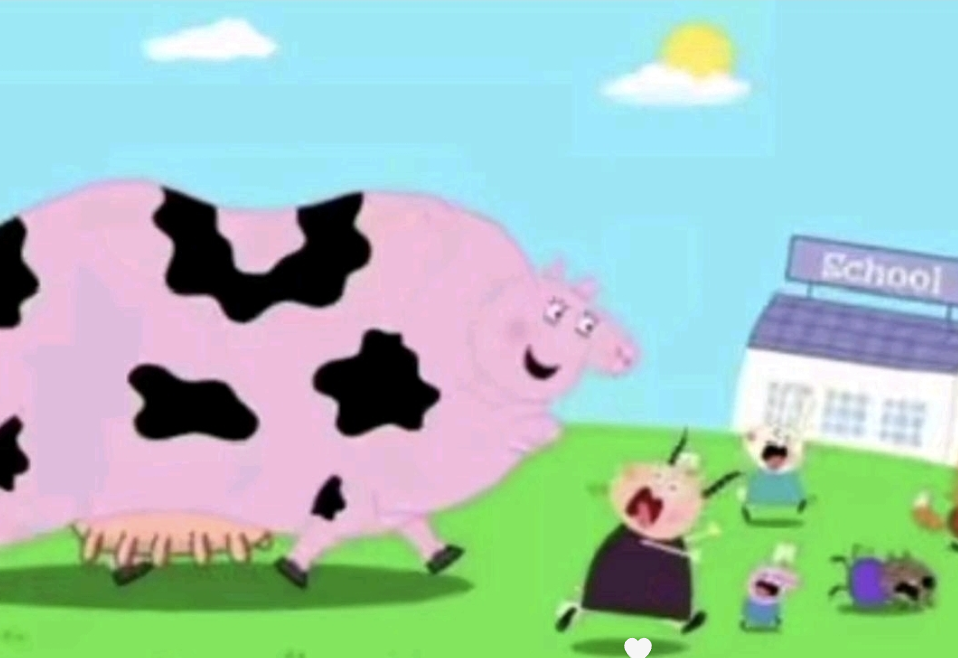 "Battle For Dream Island" is a seminal animated web series where anthropomorphic objects compete in a series of challenges. It significantly popularized the object show genre, inspiring countless fan-made animations and fostering a unique online community.
"Battle For Dream Island" is a seminal animated web series where anthropomorphic objects compete in a series of challenges. It significantly popularized the object show genre, inspiring countless fan-made animations and fostering a unique online community.
History and Format
Created by Michael and Cary Huang, BFDI first premiered on YouTube in 2010. The original series, "Battle For Dream Island", established the core premise: a cast of distinct, anthropomorphic objects vying for the grand prize of Dream Island through various challenges. This was followed by "Battle for Dream Island Again" (BFDIA), which continued the story and further developed the show's signature interactive element where viewer voting determined character eliminations. A 2023 revival of BFDIA by Jacknjellify notably reverted to the "vote to eliminate" mechanic, similar to earlier seasons.
The series underwent a major evolution with "Battle for BFB" (BFB), which notably split the cast into two groups, leading to the creation of a parallel series, "The Power of Two" (TPOT). During its post-split phase, BFB introduced a "vote to save" mechanic, moving away from the traditional "vote to eliminate." While BFB concluded, TPOT continues the narrative for its portion of the cast, maintaining the "vote to save" system. In 2025, The Power of Two episode 20 uniquely premiered in several cinema chains across the United States, including AMC, Cinemark, and Marcus Theatres, marking a significant milestone for a web series. These iterations have maintained and expanded the show's innovative format and deep audience engagement.
Cultural Impact
BFDI's success revolutionized independent animation and cemented the object show as a distinct and popular genre on online video platforms. Its unique blend of character-driven comedy, competitive drama, and direct audience participation through voting inspired a massive wave of fan-made content, spin-offs, and new creators within the animation community. A notable aspect of its online presence includes the widespread fan memes. These often center around character catchphrases, memorable moments, voting outcomes, and running gags, creating a rich subculture of inside jokes and references. Furthermore, discussions surrounding its long-standing denial of a dedicated Wikipedia page have become a point of contention and humor within the fanbase. The show's ongoing evolution and enduring appeal have made it a cornerstone of internet culture, demonstrating the power of grassroots content creation and interactive storytelling.